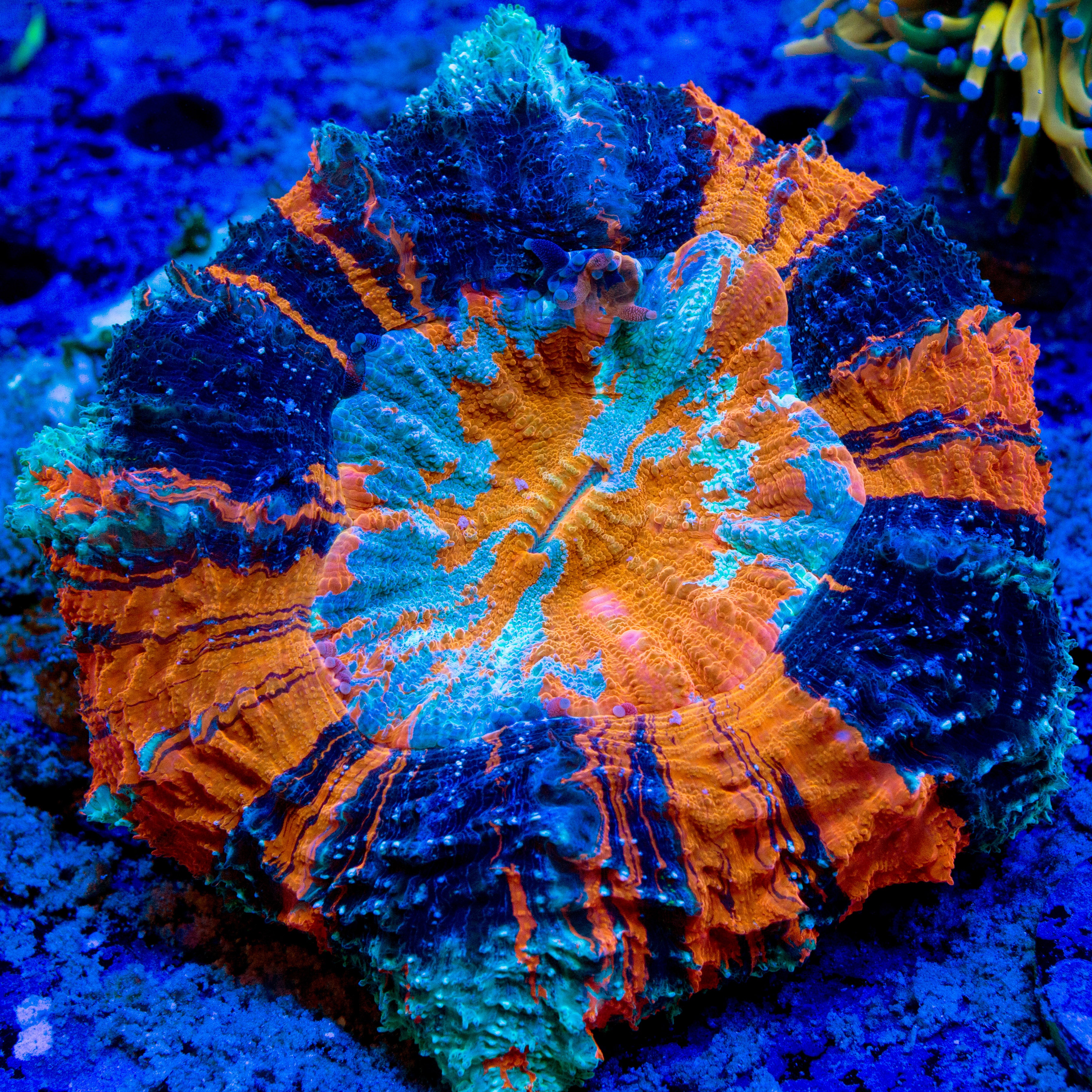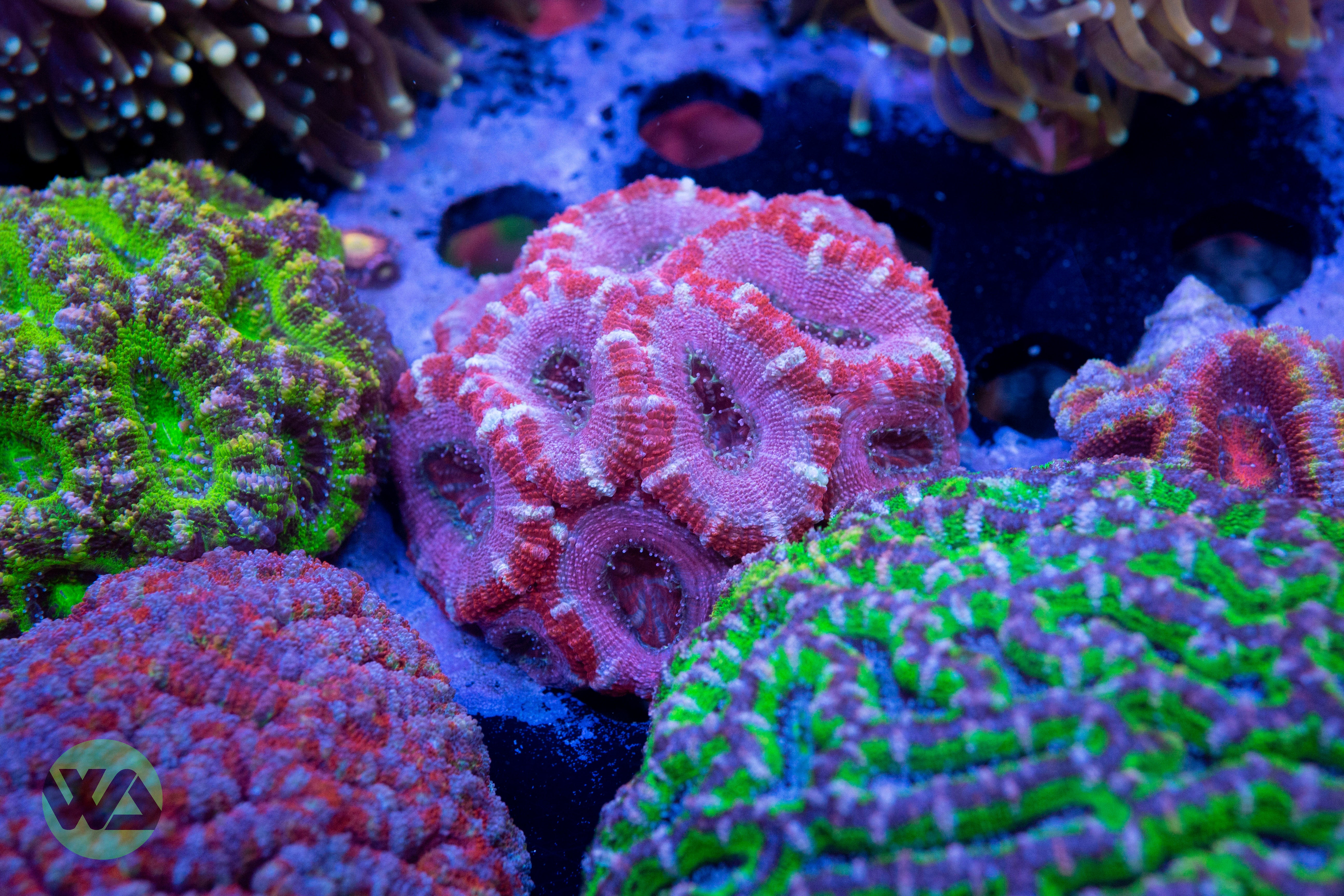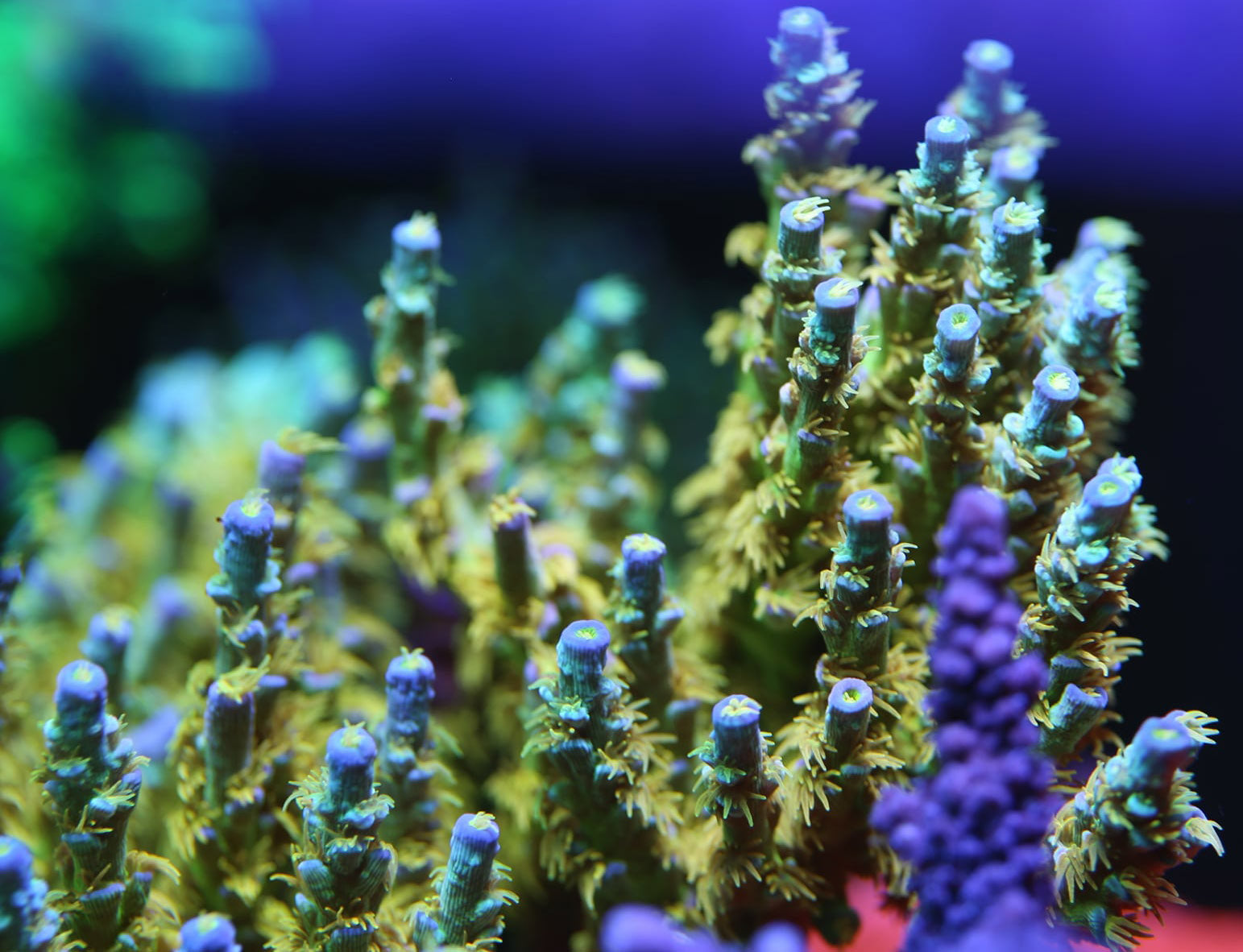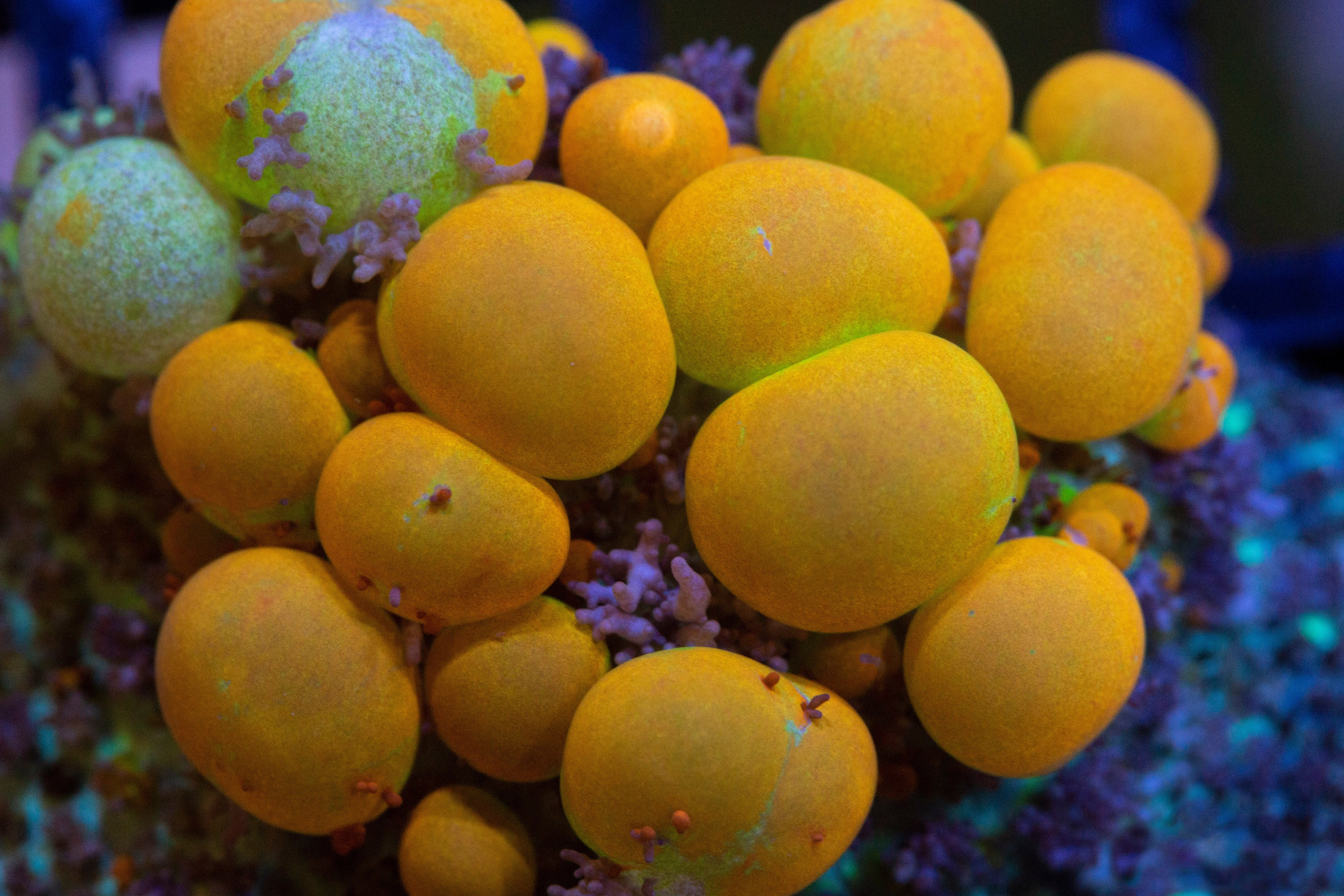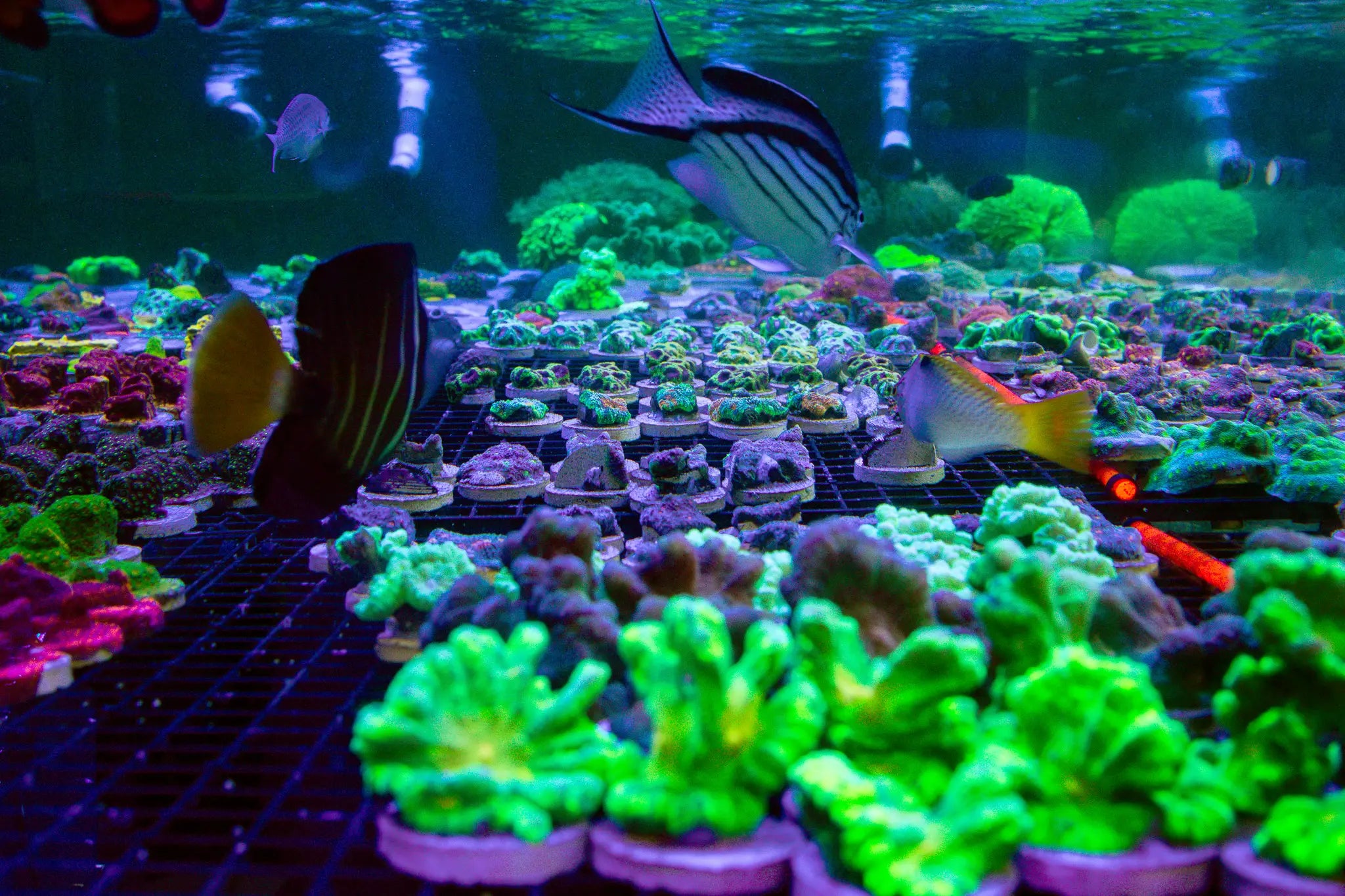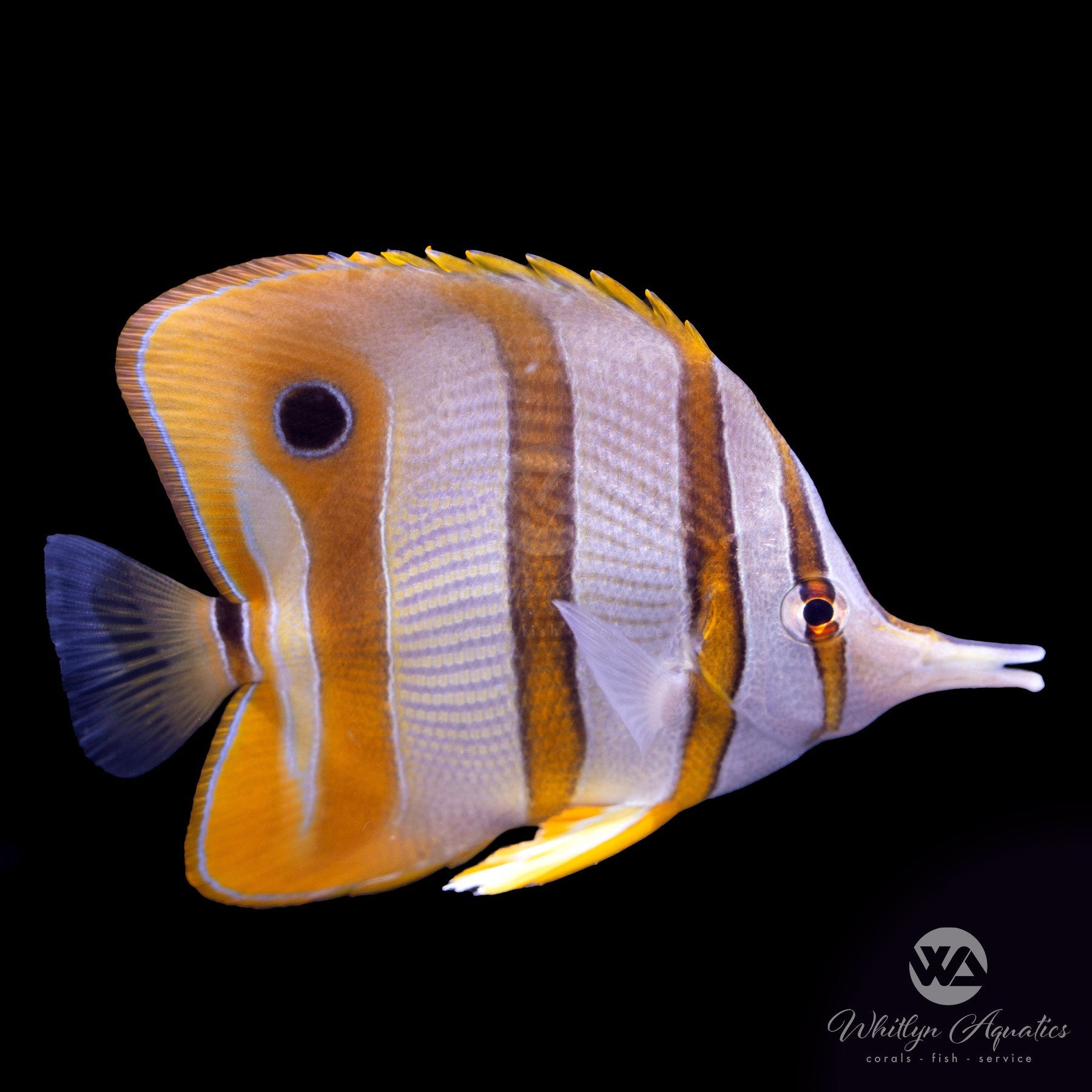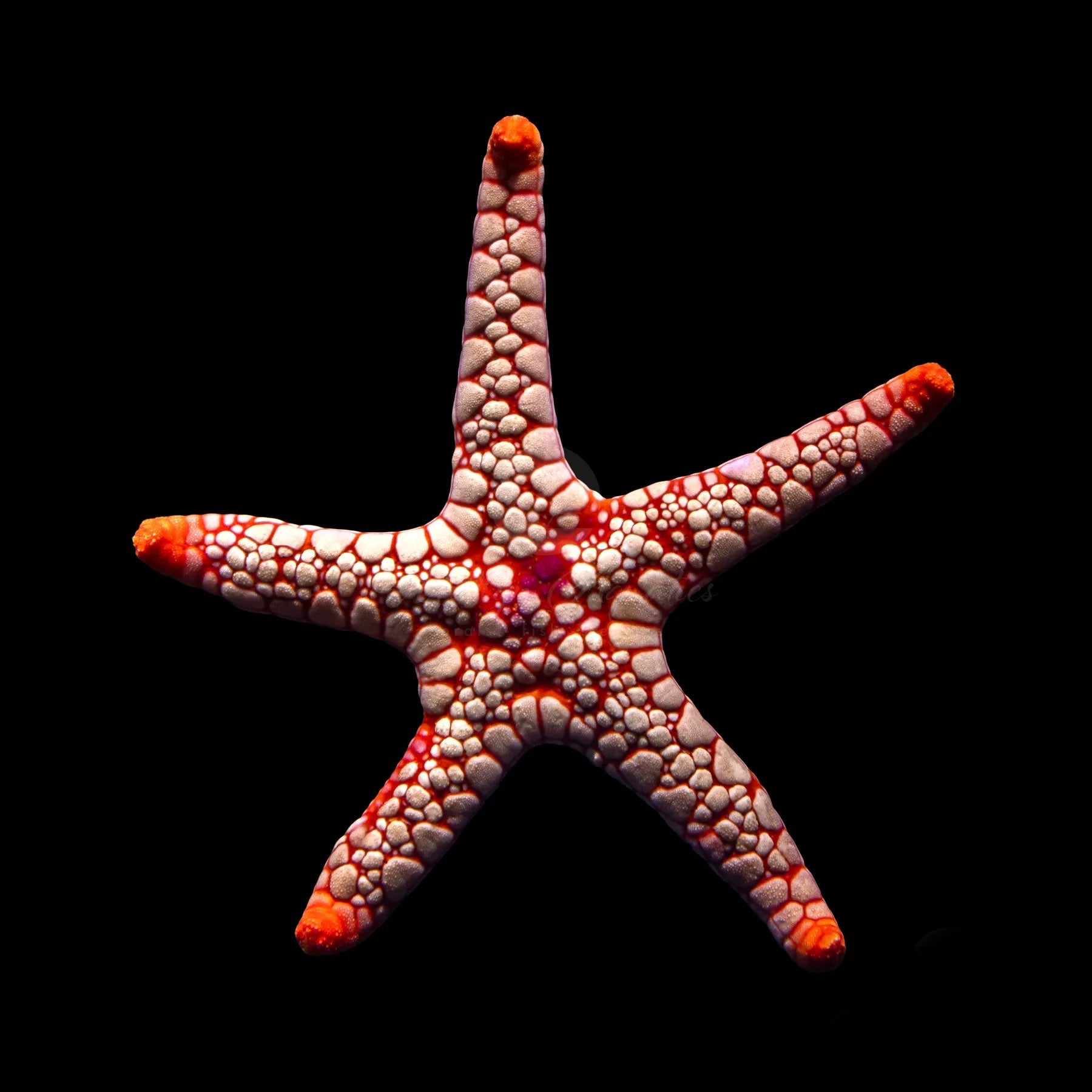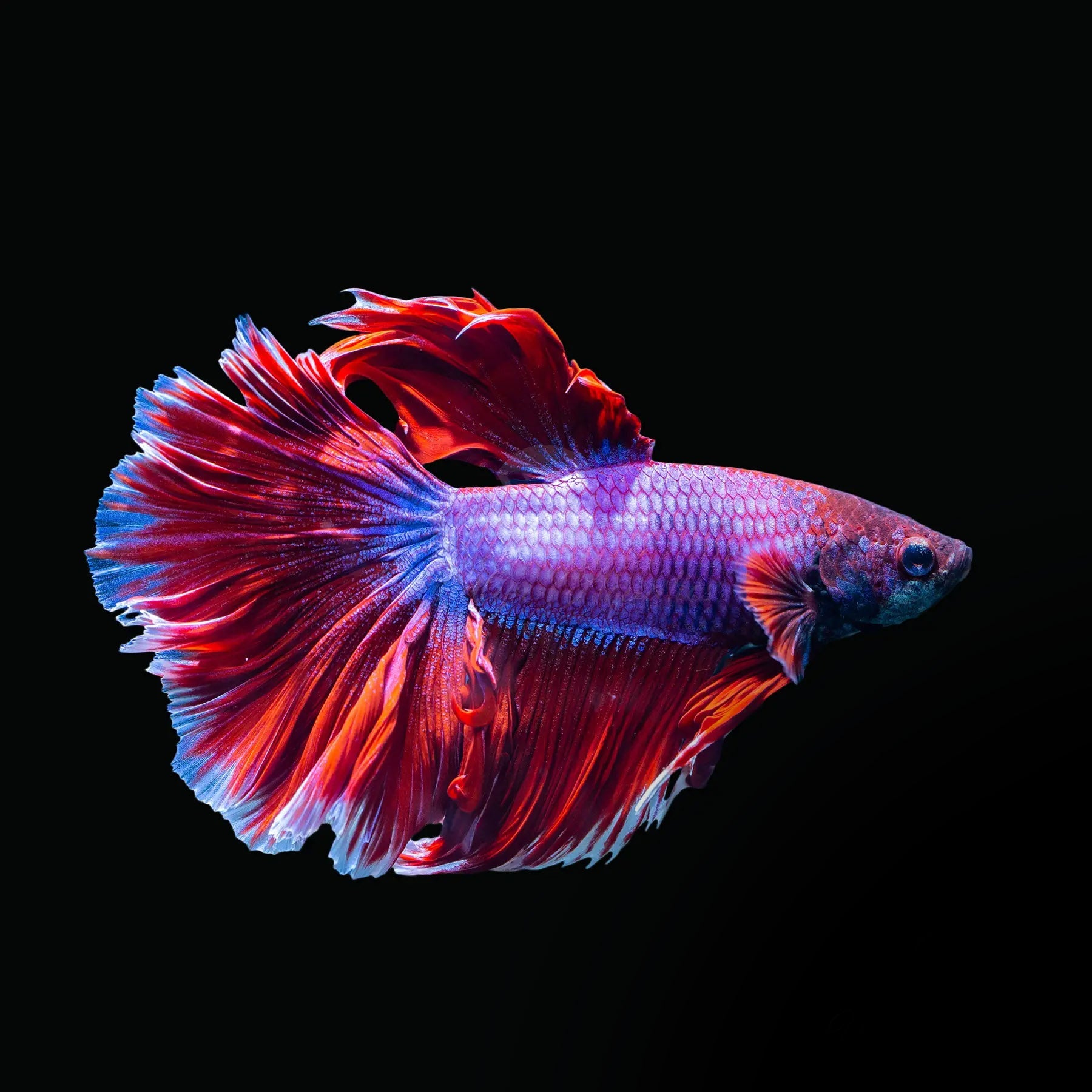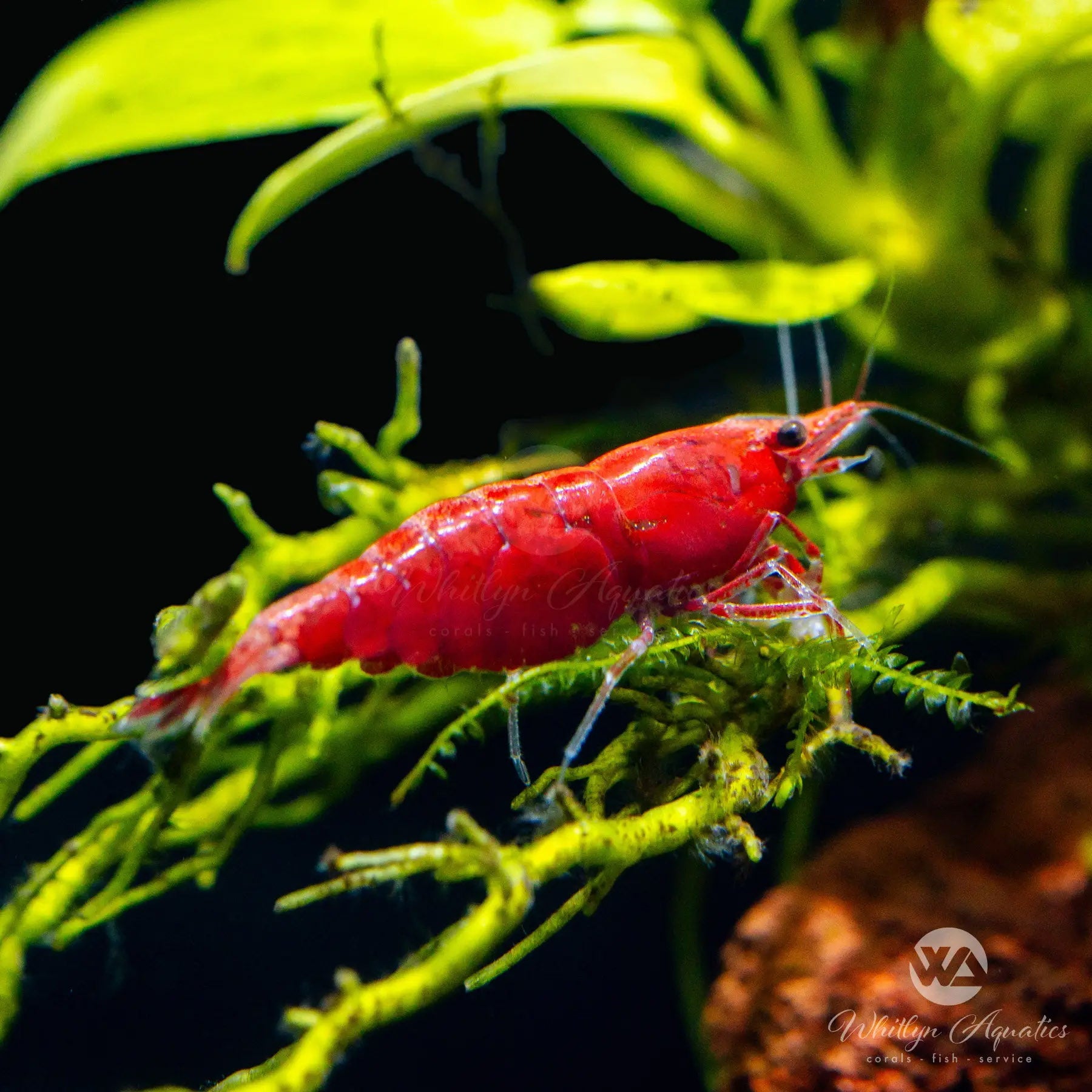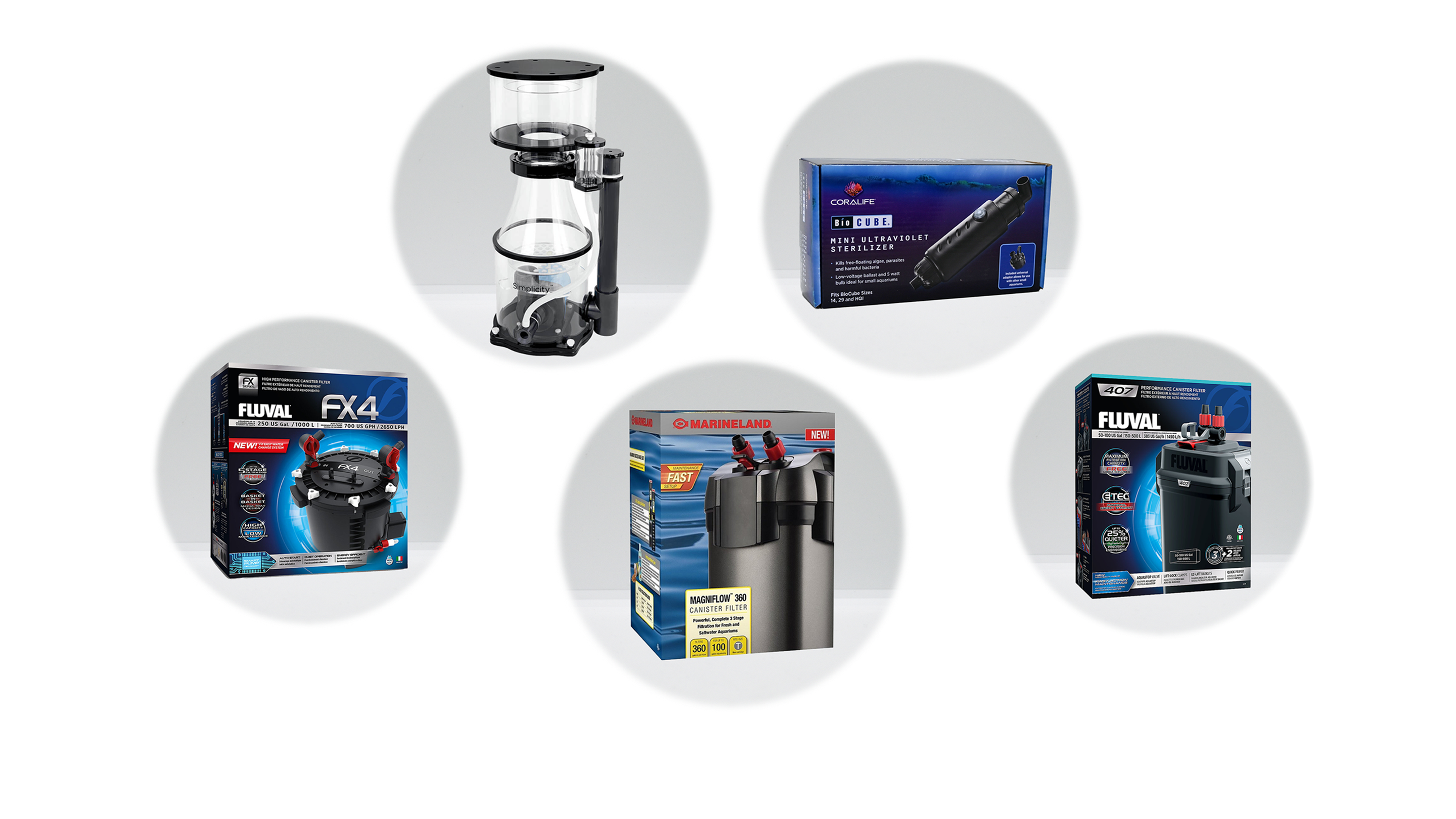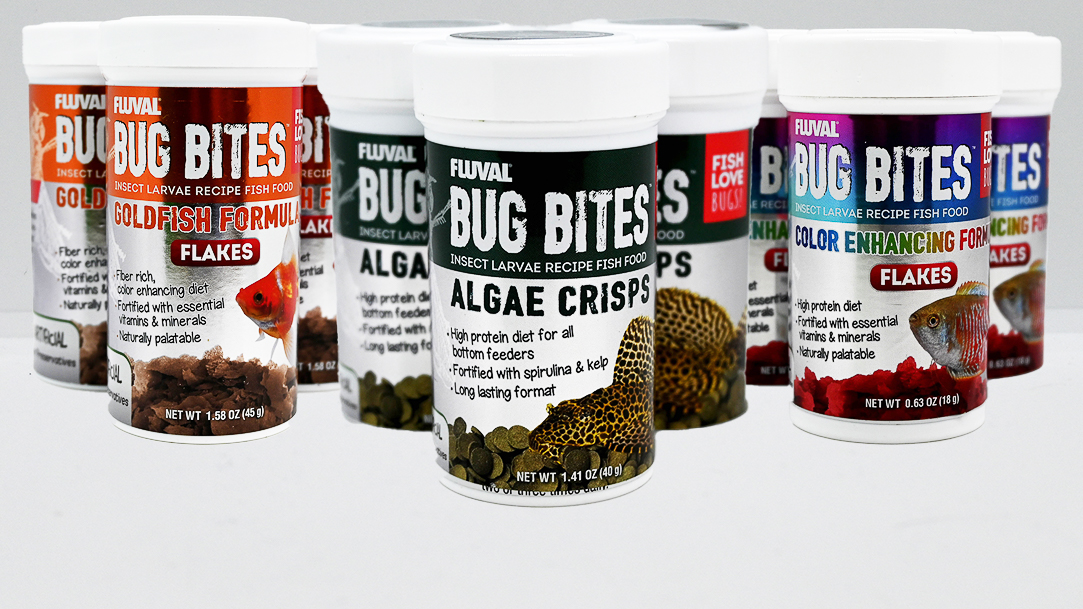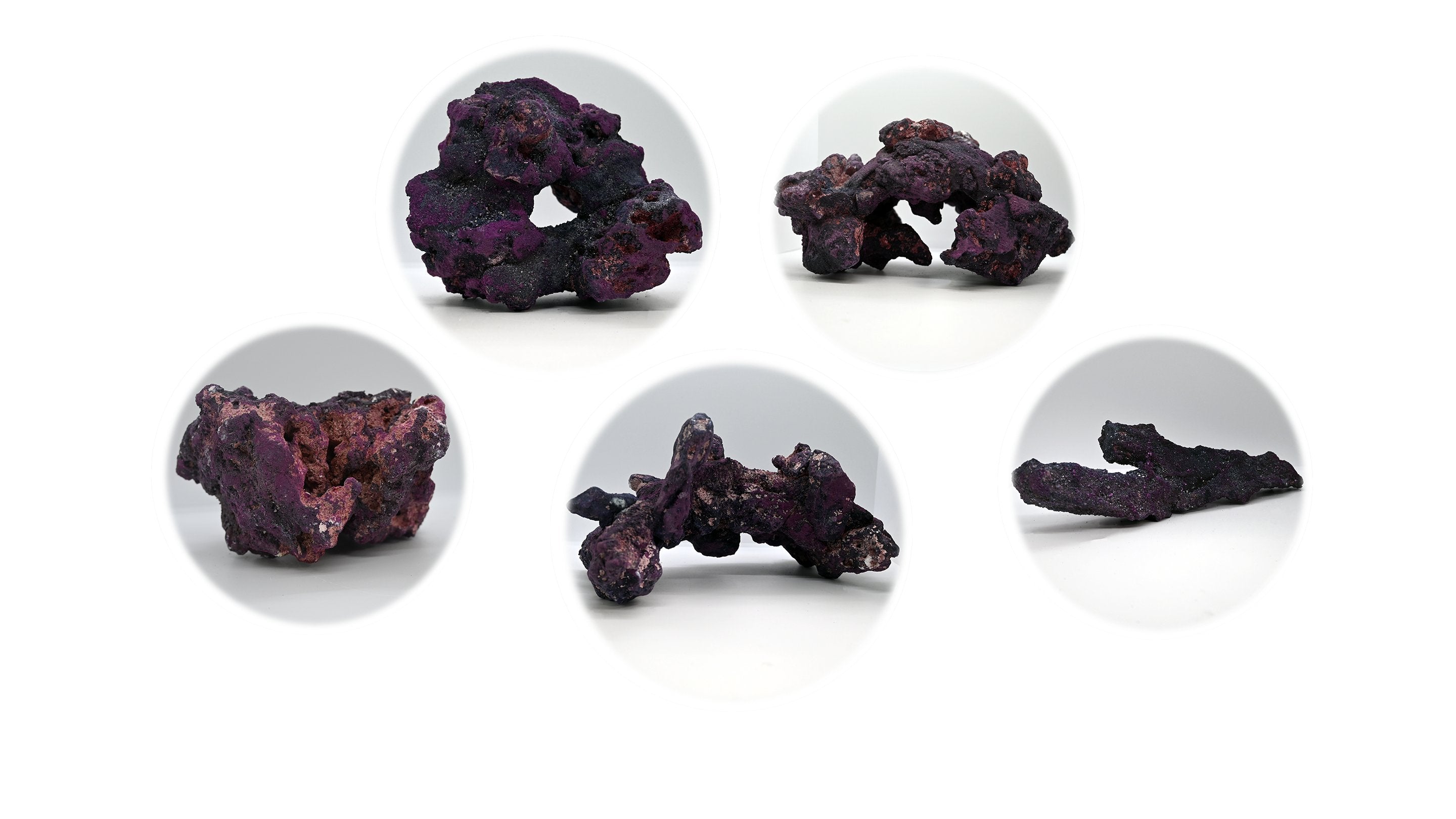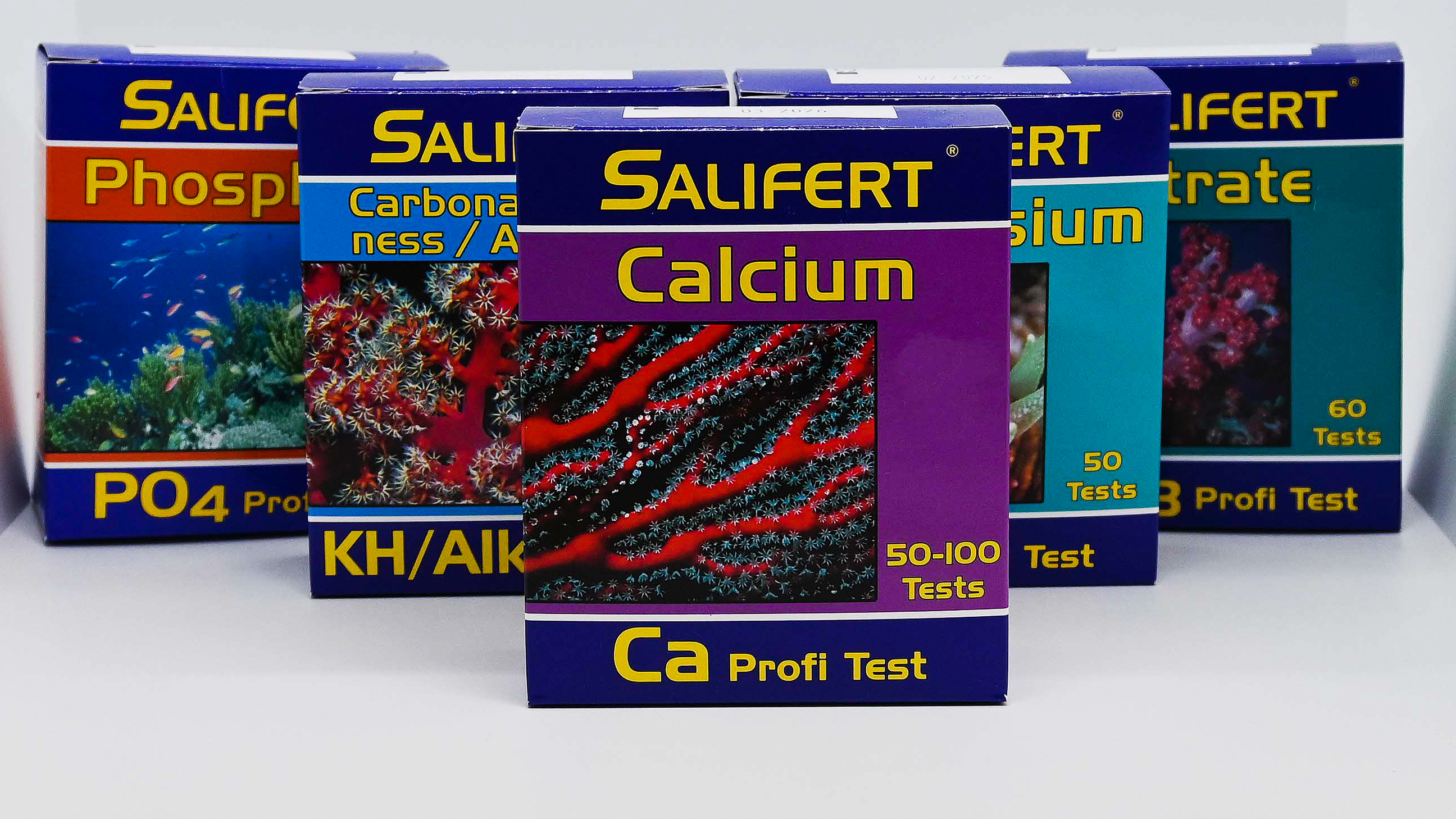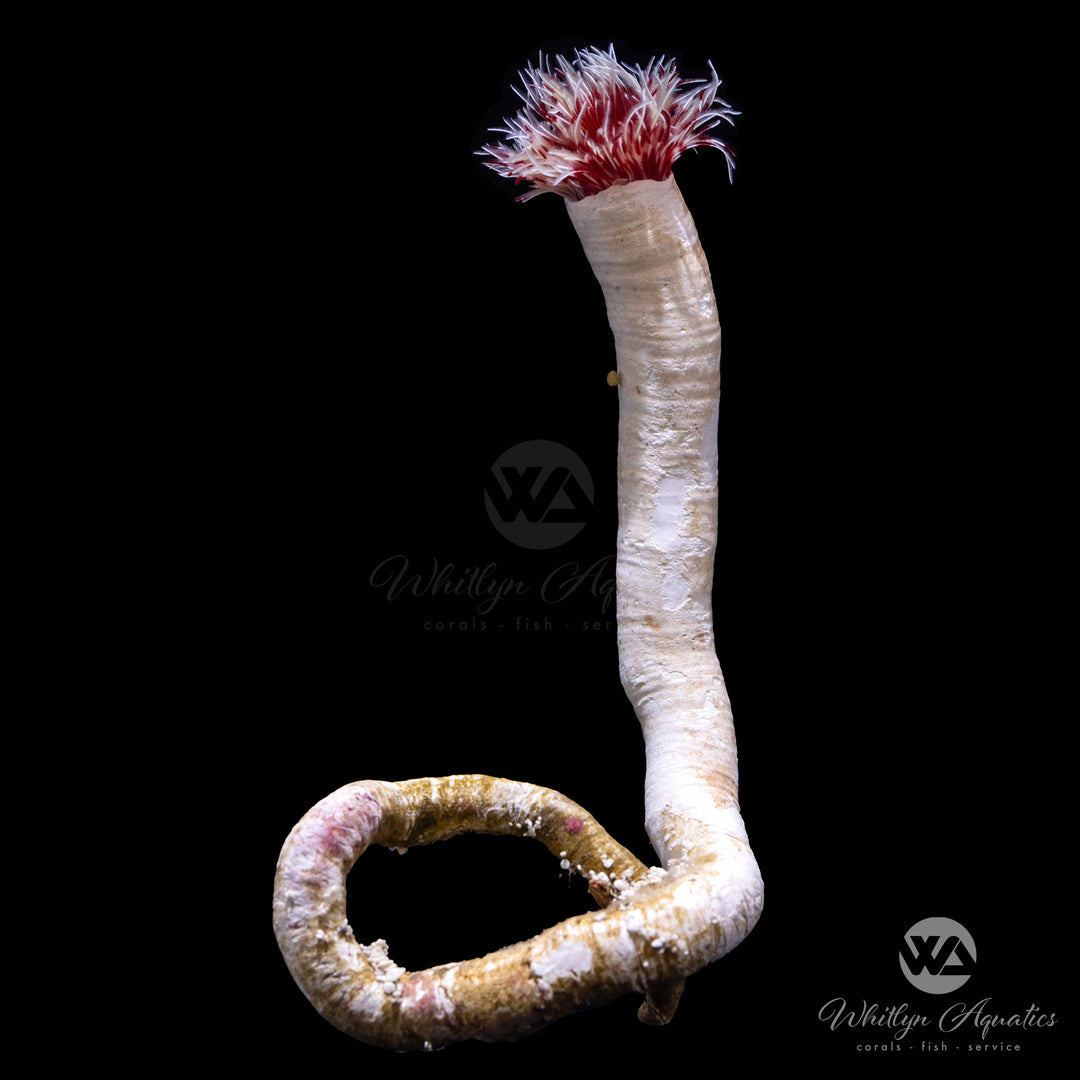Hard Tube Coco Worm - Protula bispiralis
- Low stock - 3 items left
- Backordered, shipping soon
Hard Tube Coco Worm (Protula bispiralis): Exotic Elegance in Your Marine Reef
Introducing the Hard Tube Coco Worm, scientifically known as Protula bispiralis, a fascinating addition to your marine reef aquarium that brings exotic elegance and vibrant colors to your underwater world. Originating from the warm waters of the Indo-Pacific, these unique filter-feeding tube worms add a touch of marine magic to any reef environment.
Key Features:
1. Exotic Tube Construction: Marvel at the unique tube construction of Protula bispiralis, showcasing hard and calcified tubes that serve as a protective home. These tubes can extend to impressive lengths, creating a visually captivating spectacle in your reef.
2. Vibrant Crown of Feathery Tentacles: Admire the crown of feathery tentacles that extend from the tube, displaying a stunning array of colors. The tentacles are used for filter-feeding, adding dynamic movement and a burst of vibrancy to your marine aquarium.
3. Filter-Feeding Behavior: Experience the mesmerizing filter-feeding behavior of the Hard Tube Coco Worm. As water flows through their intricate tentacles, they capture microscopic particles, contributing to the overall water clarity in your reef setup.
4. Compatibility with Reef Environment: Appreciate the compatibility of Protula bispiralis with reef environments. These tube worms coexist harmoniously with a variety of corals and other reef inhabitants, creating a balanced and thriving marine ecosystem.
Care Instructions:
-
Aquarium Placement: Secure the Hard Tube Coco Worm in a stable position within your reef aquarium, allowing it to extend its tentacles into the water flow.
-
Water Parameters: Maintain pristine water conditions with a temperature range of 74-78°F (23-26°C) and a stable pH level of 8.1-8.4. Provide moderate water flow to facilitate filter-feeding behavior.
-
Supplementary Feeding: While primarily filter-feeders, you can supplement their diet by providing phytoplankton and other liquid coral foods to enhance their nutritional intake.


